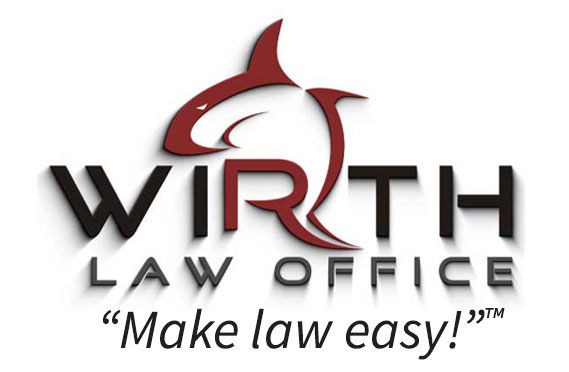Justice for All
Hi, this is Wagoner lawyer Stuart Ericson. Today we’re going to talk about evidence in a criminal case to the extent of, what if the state of Oklahoma and law enforcement and their investigators find evidence that might be favorable to the defense, or somewhat weaken their case?
Now, this all started in the 1960s, and after, as you know, many, many Supreme Court cases have come down discussing all of these issues related to criminal defense and constitutionality. And so today, as it stands, the state of Oklahoma or whatever prosecuting entity, would have a duty to turn over what’s called exculpatory evidence. Or evidence that might tend to exonerate the defendant. So when law enforcement does their investigations, they conduct interviews, they do forensic evidence, photographic evidence, maybe ballistics evidence, all these sorts of things. And ultimately, once they do that, if there’s a witness that perhaps doesn’t help them but would help the defendant, they still have to turn that over to the defense.
If a ballistics report or a fingerprint comes back that’s not favorable to the state, but perhaps exculpatory or favorable towards the defendant, they have a duty to turn that over. So that can’t be withheld. And so that is a duty that is very important. Now, of course, it doesn’t mean that law enforcement does the defense’s job. Obviously, just getting the information is their only responsibility. You would need a defense attorney to see how does this exculpatory type of evidence fit into the whole defense of the case? How does it counteract what the state is trying to present in its prosecution of you? But obviously, having all of the information that law enforcement brings up is obviously going to be helpful to the defense. Because obviously, you have a right to know the nature of the charges against you and the witnesses that can testify against you. And to have all of their statements and all of the evidence against you.
So, it is the duty of the state to turn that evidence over. And in Oklahoma, we follow a certain discovery code by law. And then courts have their own kind of systems leading up to trials to facilitate and to make sure that discovery, which is to say police reports, witness statements, and all that stuff, has been given back and forth between the state to the defense attorney and the defense attorney to the state. And that’s usually done before any trial is conducted. And if there are issues, the defense attorney will raise them. Say, “We don’t have everything from the state. We’re not ready for trial because they’ve not turned everything over to us. We know they’ve sent reports off to OSBI for fingerprinting or ballistics, and those reports are not done. I do not have those. And we are not going to begin trial until we have all that stuff.”
So all of these are potential battles that are to be had in court. But again, going back originally, the states do now have law enforcement and the state does have to turn over so-called exculpatory evidence. So if you have questions about that, reach out to me, Oklahoma criminal defense attorney Stuart Ericson at agonerlawyer.com.








